April 18, 2025 | 09:04 GMT +7
April 18, 2025 | 09:04 GMT +7
Hotline: 0913.378.918
April 18, 2025 | 09:04 GMT +7
Hotline: 0913.378.918
Navetco Company's successful research and production of the African swine fever (ASF) vaccine has delighted domestic and foreign farmers.
The good news is that Navetco's ASF vaccine tested abroad showed promising results. Specifically, the Department of Animal Health has established a technical working group consisting of officials from the Department of Animal Health and officials from Navetco Company to support the use of the ASF vaccine in the Dominican Republic from May 15 until June 19, 2023, according to the direction of Deputy Minister of Agriculture and Rural Development Phung Duc Tien.
The technical working group supporting the Dominican Republic includes eight members (five officials from the Department of Animal Health and three officials from Navetco Company). The working group is divided into 03 groups: Group 1 operated from May 17–22, 2023; Group 2 operated from May 17–29, 2023; and Group 3 operated from May 17–June 19, 2023. Navetco Company supported 2,500 doses of NAVET-ASFVAC vaccine and kits for diagnosis and post-vaccination monitoring.
NAVET-ASFVAC vaccine results from cooperation between Navetco Company under the Ministry of Agriculture and Rural Development, Vietnam, and Plum Island Animal Disease Center (IPADC) under the Agricultural Research Institute, USA. With the consent of the Vietnam Department of Animal Health, the company received the vaccine virus strain ASFV-G-delta-I 177L. It transferred technology from the Plum Island Animal Disease Center in the USA. NAVET-ASFVAC vaccine has been licensed for circulation under registration number TWII-171 and certificate of circulation number 538/QLT-SX 22, dated May 18, 2022.

The group injected nearly 500 doses of vaccine, and the results showed that the vaccine was safe, the vaccinated pigs were healthy, and they did not develop ASF. Testing the antibody response after vaccination from 28 to 90 days showed that after 1 injection, the percentage of pigs with antibodies ranged from 85 to 96%, and after 2 injections, it was 89.5%.
Currently, especially after the release of Official Dispatch No. 4870/BNN-TY of the Ministry of Agriculture and Rural Development (July 24, 2023) on "Using vaccines to prevent African swine fever," the NAVET-ASFVAC vaccine has been approved, has total legality to produce and use nationwide, and can also be exported.
However, according to Dr. Tran Xuan Hanh, Deputy General Director of Navetco Company, the problem is the new vaccine; officials and people do not fully understand it, so they are still hesitant to use it. This is a huge limitation and is the reason why a large number of pigs have recently been infected with African swine fever. If the provinces pay attention to this issue and drastically develop vaccination plans, much damage will be limited.
Furthermore, suppose pigs of all ages are well vaccinated. In that case, it will not only limit the damage caused by the disease but also help limit the possibility of spreading the disease (because people sell sick pigs out uncontrollably).
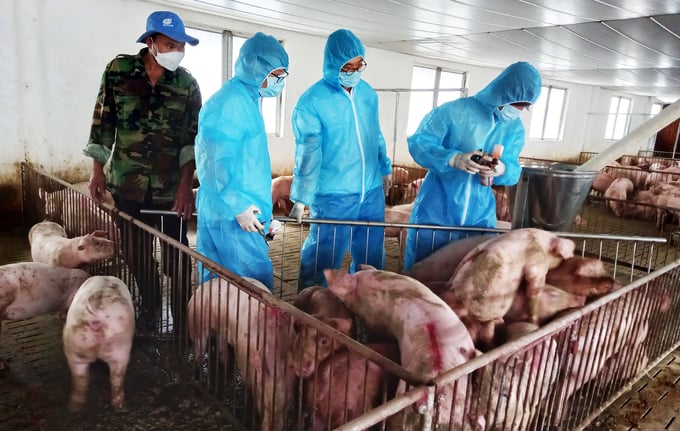
Vaccinating NAVET-ASFVAC at a pig farm in Binh Phuoc.
Suppose we do not proactively prevent the disease with the African swine fever vaccine. In that case, we will fall into a vicious circle in this disease prevention program, which is: Re-herd > pigs get sick again > sell well > rapid spread > The larger the number of pigs culled and sold, the more widely and widely distributed the pathogen becomes in the community. Therefore, there is an opinion that applying this mandatory vaccination policy to pigs is necessary.
According to Dr. Tran Xuan Hanh, Navetco Company's existing equipment, factories, and experience can completely meet the demand for vaccines for domestic use. The company also receives many requests for this vaccine from other partners, such as Russia, Belarus, Romania, Myanmar, the Philippines, etc. However, this is a long process because, like in Vietnam, to import any vaccine, it needs to go through many steps. First of all, it is necessary to evaluate the vaccine's effectiveness in the country where it is to be imported.
For Navetco Company, along with approaching partners to serve export work, the company's priority is still the domestic market, with the desire to contribute to minimizing swine fever. Africa happens in Vietnam.
Recommend when use the NAVET-ASFVAC vaccine
1. NAVET-ASFVAC vaccine is used to prevent disease, so only vaccinate healthy pigs. Use according to the manufacturer's instructions. Do not vaccinate pigs that are not currently recommended for vaccination, such as sows, pregnant sows, boars...
2. It is necessary to study the information about the vaccine carefully. If necessary, contact Navetco Company for advice on effective use.
3. Vaccines are just one of the disease prevention measures. Using vaccines will be more effective in disease prevention if combined well with biosecurity practices. Pay attention to nutrition and good care for pigs before, during, and after vaccination is necessary.
Translated by Tuan Huy
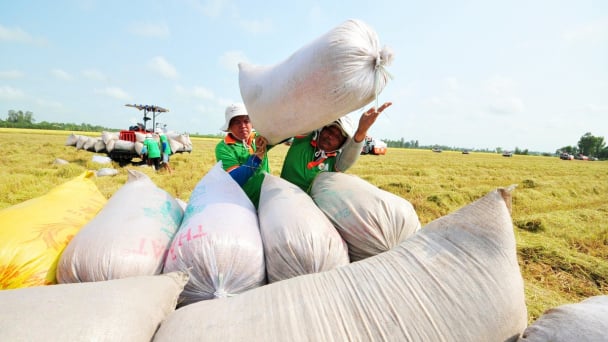
(VAN) The rice industry in the Mekong Delta is undergoing a major transformation, shifting toward sustainable, high-quality, and low-emission exports to meet the green and clean standards increasingly demanded by international markets.
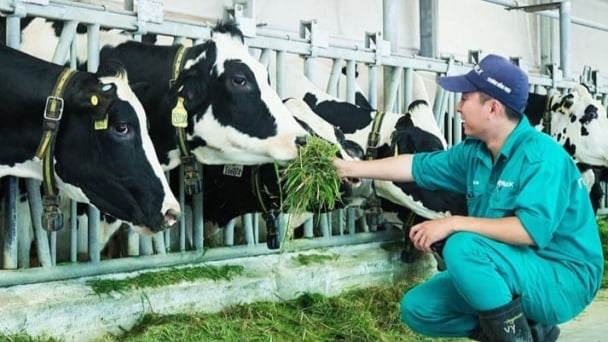
(VAN) According to Tong Xuan Chinh, Deputy Director of the Department of Livestock Production and Animal Health, Vietnam’s dairy cattle industry must overcome seven major challenges to achieve sustainable development.
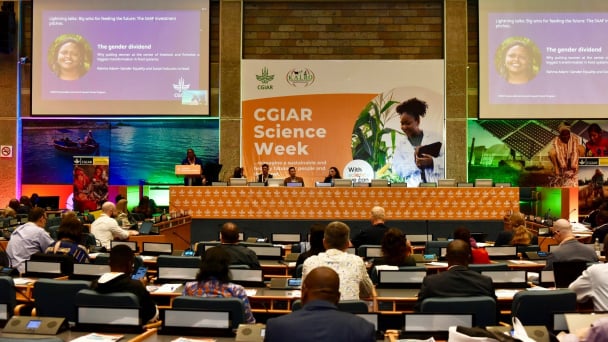
(VAN) The CGIAR’s Sustainable Animal and Aquatic Foods (SAAF) program represents a new approach that emphasizes the transformation of food systems toward sustainability.
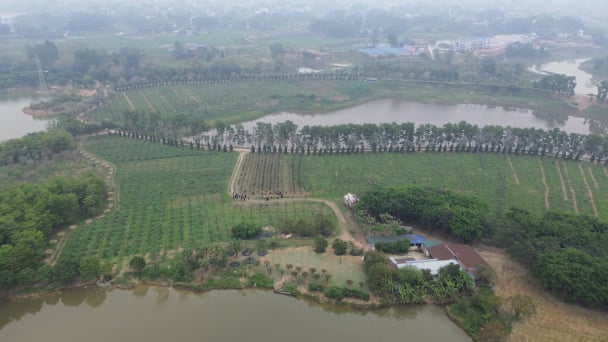
(VAN) Scientists assume that industrial agriculture has been 'outdated.' As a result, a comprehensive overhaul or a revolution in the direction of embracing ecological agriculture is needed.
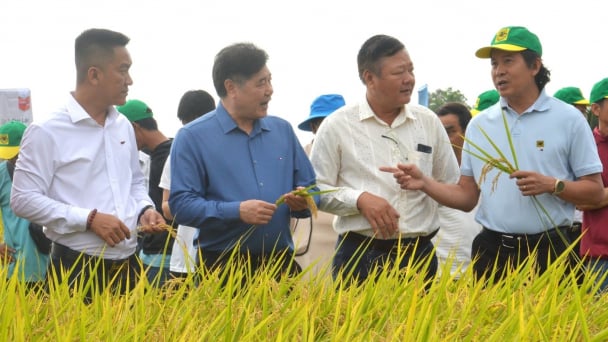
(VAN) The results from pilot fields are catalyzing the expansion of the One million hectares of high-quality, low-emission rice project in Kien Giang.
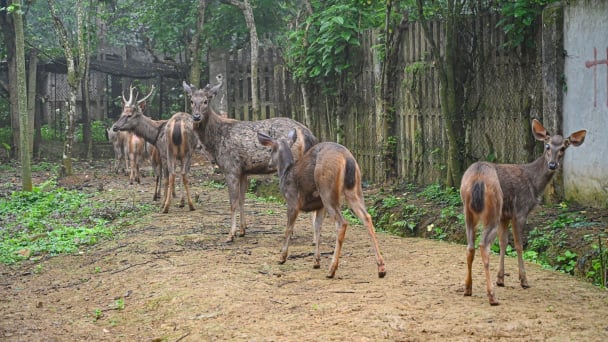
(VAN) On the morning of April 11, Cuc Phuong National Park received 18 individuals of endangered and rare wild animals from Da Nang city.
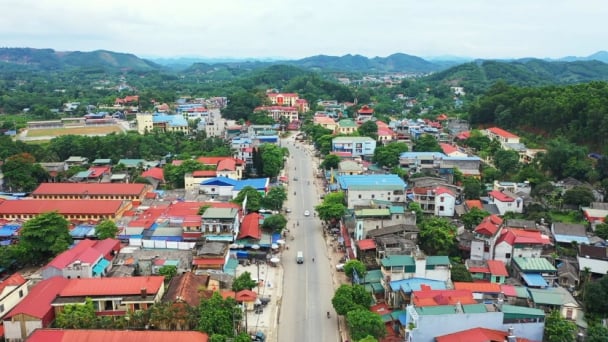
(VAN) FAO supports Vietnam in enhancing survey sampling techniques for the 2025 nationwide agricultural and rural census.